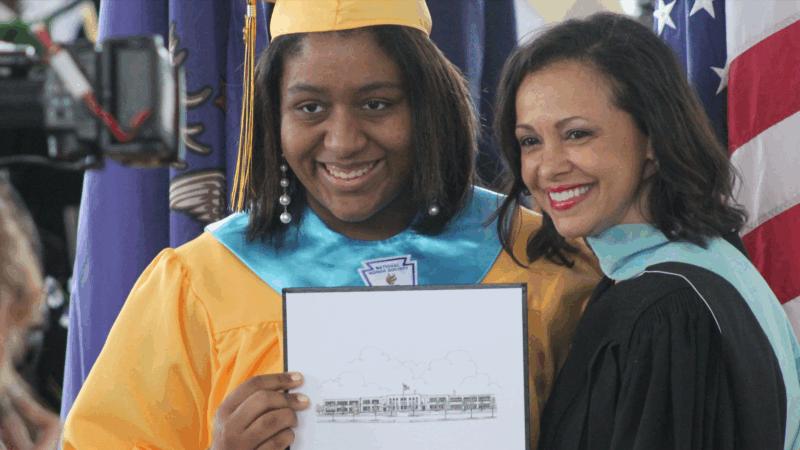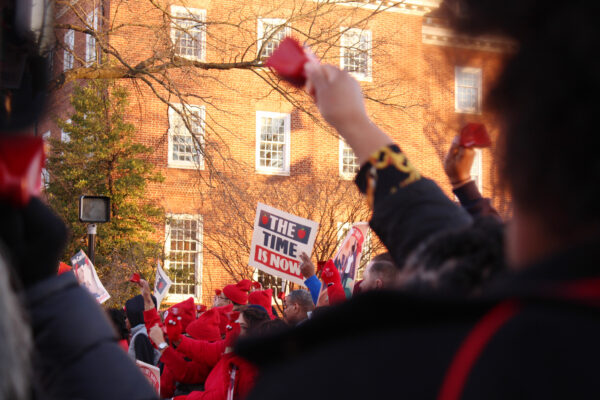Student Achievement
The ACLU shapes and informs policy areas that impact teaching, learning, and the ability to provide students with opportunities to succeed in the classroom, working to ensure that hard-won Bradford and Thornton funds are well spent.

The ACLU has successfully advocated for pre-kindergarten programs in public schools, supported the Community Schools strategy and other resources designed to address academic barriers, opposed high stakes graduation tests, examined teacher quality in Baltimore City, and urged meaningful stakeholder involvement in the State’s implementation of the federal Every Student Succeeds Act (ESSA). Recognizing that adequate funding levels are crucial to services for the whole child, we fight for full funding to provide 21st Century learning. Our efforts prioritize partnerships with parents, teachers, and school systems to further policies that benefit the diverse population of traditionally students with low wealth.
The Latest

Are We There Yet? 5 Observations on the Road to Updating Maryland’s Education Funding Formula
Cases, Campaigns & Legislation
Bradford v. Maryland State Board of Education
Stay Informed
Sign up to be the first to hear about how to take action.
By completing this form, I agree to receive occasional emails per the terms of the ACLU’s privacy statement.
By completing this form, I agree to receive occasional emails per the terms of the ACLU’s privacy statement.



